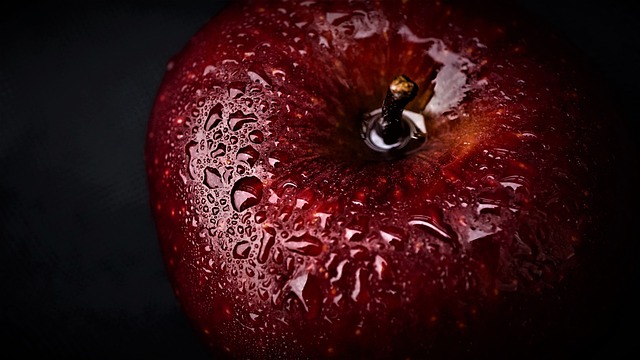An Inside Look at the Best Probiotic Foods for Vegans and Vegetarians
Probiotics are beneficial bacteria that live in your gut and help maintain a healthy digestive system. They can be found in a variety of foods, and getting enough of them can help improve digestion, boost the immune system, and even improve mental health.
Probiotic Foods for Vegans and Vegetarians
If you are a vegan or vegetarian, you may be wondering what the best sources of probiotics are for your diet. Luckily, there are plenty of plant-based options that are rich in these beneficial bacteria.
1. Yogurt Alternatives
While yogurt is a great source of probiotics, it is not a vegan-friendly option. Luckily, there are plenty of yogurt alternatives that are made from plant-based ingredients and contain live and active cultures.
Soy, almond, and coconut yogurt are all great options that can be found at most health food stores. Look for products that specifically state they contain live and active cultures to ensure you are getting the probiotic benefits.
2. Sauerkraut
Sauerkraut is a traditional fermented food that is made from cabbage and salt. During the fermentation process, beneficial bacteria are produced that help improve digestion and boost the immune system.
Sauerkraut is easy to make at home, and is also widely available at stores. Look for raw and unpasteurized sauerkraut to ensure that the beneficial bacteria are still alive. You can add it to sandwiches or salads, or enjoy it as a side dish with your meals.
3. Kimchi
Kimchi is a Korean fermented vegetable dish that is made with cabbage, radishes, and spices. Like sauerkraut, kimchi contains beneficial bacteria that can help improve digestion and boost the immune system.
Kimchi can be found at most grocery stores, or you can make your own at home. It makes a great side dish with rice or noodles, or can be added to stir-fries for extra flavor and nutrition.
4. Kombucha
Kombucha is a fermented tea that is made with black tea, sugar, and a SCOBY (symbiotic culture of bacteria and yeast) that helps ferment the tea and produce beneficial bacteria.
Kombucha is widely available at health food stores, or you can make your own at home with a SCOBY and some basic equipment. It makes a great alternative to soda, and can be flavored with fruit or herbs for added taste.
5. Miso
Miso is a traditional Japanese seasoning that is made from fermented soybeans. It is a great source of probiotics, as well as protein and other nutrients.
Miso can be found at most grocery stores, and is commonly used to make soups and marinades. It can also be spread on toast or crackers for a quick and easy snack.
The Importance of Probiotics for Vegans and Vegetarians
Vegans and vegetarians may be at a higher risk for digestive issues, as their diets are often high in fiber and can be lacking in certain nutrients. Probiotics can help improve digestion and boost the immune system, which is especially important for those with plant-based diets.
In addition to their digestive benefits, probiotics have also been shown to improve mental health and reduce the risk of certain illnesses. Incorporating probiotic-rich foods into your diet can have a positive impact on your overall health and well-being.
The Bottom Line
As a vegan or vegetarian, there are plenty of probiotic-rich foods that you can incorporate into your diet. Yogurt alternatives, sauerkraut, kimchi, kombucha, and miso are all great sources of beneficial bacteria that can help improve digestion, boost the immune system, and improve mental health.
Adding these foods to your diet can be a simple and delicious way to support your health and well-being. So go ahead and give them a try!







